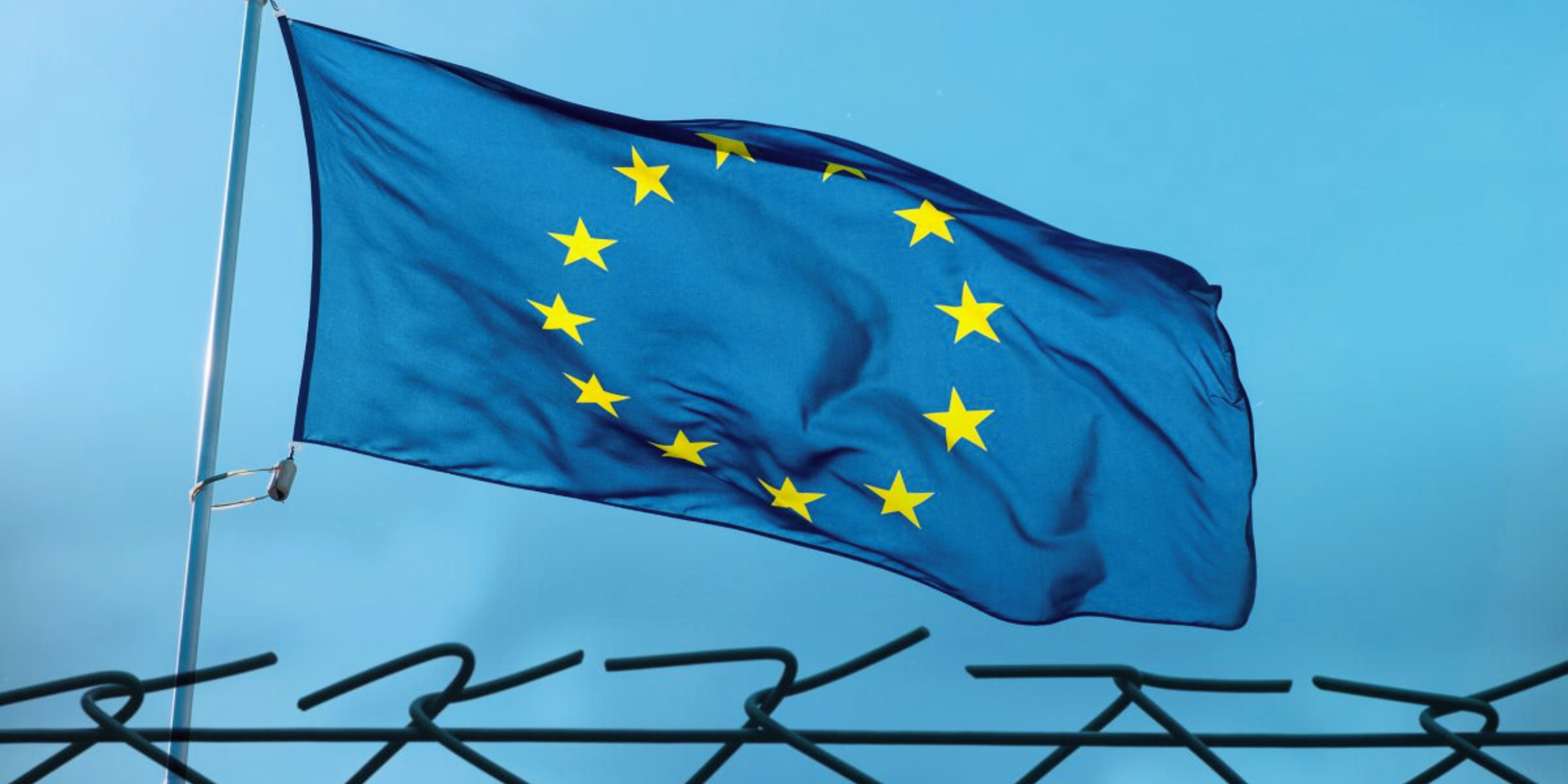The Member States and European Parliament, the EU’s co-legislators, are moving forward with a reform of EU asylum law in the form of the Pact on Migration and Asylum which reduces protection standards and undermines human rights of asylum seekers in Europe. But not only.
Some EU Member States are seeking to revive an additional proposal on “instrumentalisation” launched in 2021, which would allow them to derogate from their obligations in cases of alleged “instrumentalisation of migrants”, thereby undermining harmonisation and the common system. For more detail, see this analysis and statement.
Efforts in 2022 to reach an agreement among Member States on the Instrumentalisation Regulation were thwarted when some Member States saw the inherent risks in the proposal. Now Council is trying to merge its content into another proposal, the Crisis and Force Majeure Regulation, to create a Crisis, Force Majeure and Instrumentalisation Regulation (hereafter “the merged Regulation”). With this gambit, Member States would create for themselves three derogatory regimes: crisis, “force majeure” and “instrumentalisation”, instances which are either only vaguely defined or not at all. Additional and wideranging derogations are under discussion. This comes at a time when the major challenge in the Common European Asylum System is the lack of respect for legal obligations, amidst an ongoing rule of law crisis in the EU.
Within the Parliament there is strong opposition to the codification of the “instrumentalisation” concept in EU law, and the Parliament’s proposed amendments to the Crisis Regulation reject the (mis)use of “force majeure”. However, Member States are banking on the Parliament’s desire to get a result on the Crisis Regulation and are hoping that it will accept the merged Regulation.
If adopted, the proposal would have a significant harmful effect on the fundamental rights of people seeking protection in Europe as it will result in:
- reduced access to asylum through delayed periods of registration, restricted access to legal advisers and increased risk of push-backs;
- far greater numbers of people having their asylum applications managed in second-rate border procedures rather than in the regular asylum procedure;
- increased detention of people at the border including unaccompanied children and families through expanded timelines and scope of people kept in asylum and return border procedures;
- substandard reception conditions and material and health care provisions which will be
insufficient to meet the threshold of human dignity, particularly for vulnerable people including children or survivors of torture or trafficking.
As such, the merged Regulation:
- is disproportionate in terms of the significant negative impact on fundamental rights for people affected;
- can create situations of discrimination against certain groups of refugees in contravention of Article 3 of the Refugee Convention of 1951 and Article 2 and 22 of the Convention of the Rights of the Child;
- is unfair to the Member States which do uphold standards and will lead to increased responsibility for these states aslack of respect for the standards of EU and international law will create a push factor;
- does nothing to address the situation of ‘instrumentalisation’ by third countries, instead it targets people seeking protection, themselves victims of such actions;
- will lead to the erosion of the Common European Asylum System which already suffers from widespread non-compliance which largely goes unpunished.
The current legal framework already provides flexibility for Member States to deal with changing events at their border, including allowing for derogations, albeit tightly and rightly circumscribed by the Treaties and the jurisprudence of the Court of Justice of the EU.
The undersigned organisations reject the attempt to introduce mechanisms that allow Member States to derogate from their obligations in various different situations and call for the following:
Member States’ position on the merged Regulation:
Member States should reject the merged Crisis, Force Majeure and Instrumentalisation
Instrument;
- The Instrumentalisation Regulation, its content and the concept itself should be definitively
removed from the reform negotiations; - Member States should reject the misuse of the “force majeure” concept as a basis for derogations in EU asylum law;
In defining its position on the Crisis Regulation, the Council should adopt measures that are aimed at supporting Member States to uphold their protection obligations in a situation of crisis, such as lifting the first country of entry criteria, supporting immediate protection, a prima facie recognition mechanism, and crisis preparedness and solidarity measures.
European Parliament’s position on the merged Regulation:
- The European Parliament, in its pursuit of an agreement on the Crisis Regulation, should not accept the integration of content from the Instrumentalisation Regulation and should reject the notion of “force majeure”;
The use of derogations:
- As is currently the case in EU law –as prescribed by the CJEU – any use of derogations should be strictly limited and should operate within the confines of EU primary law;
- In the Crisis Regulation – or any other reform proposal – derogations that undermine fundamental rights should be removed. This includes derogations leading to the expanded use of the border procedure.
The authorisation regime:
- Any use of a derogatory regime, be it in the Crisis Regulation or other instruments, must have a robust authorisation procedure, rather than being something that Member States can invoke at will;
- At minimum, the authorisation procedure should:
- include clear, legally verifiable definitions;
- stipulate the evidence to be provided by the Member State seeking to derogate;
- add discretion that allows the Commission to review requests from Member States and to decide whether to take them forward
- require a Council Implementing Decision and remove the possibility that the Member State can derogate before a Decision is adopted;
- include an assessment of the impact on other EU Member States and on harmonised
asylum management of the proposed derogations; - render the adoption of a Council Implementing Decision conditional on deployment of EU
agencies in the Member State concerned; - involve the Council and the European Parliament in the monitoring of the situation.

